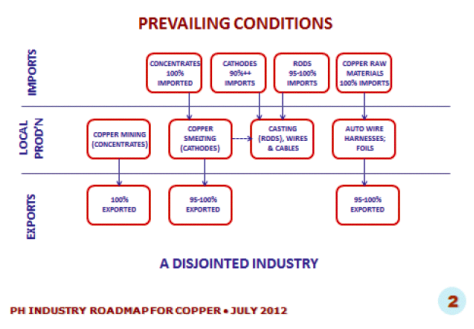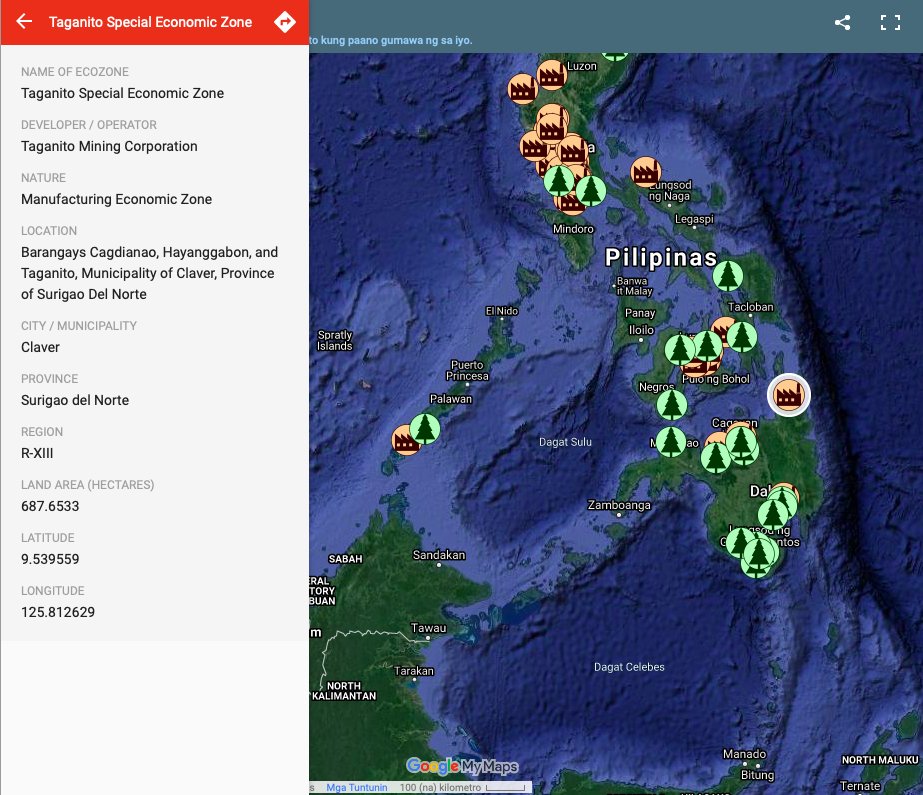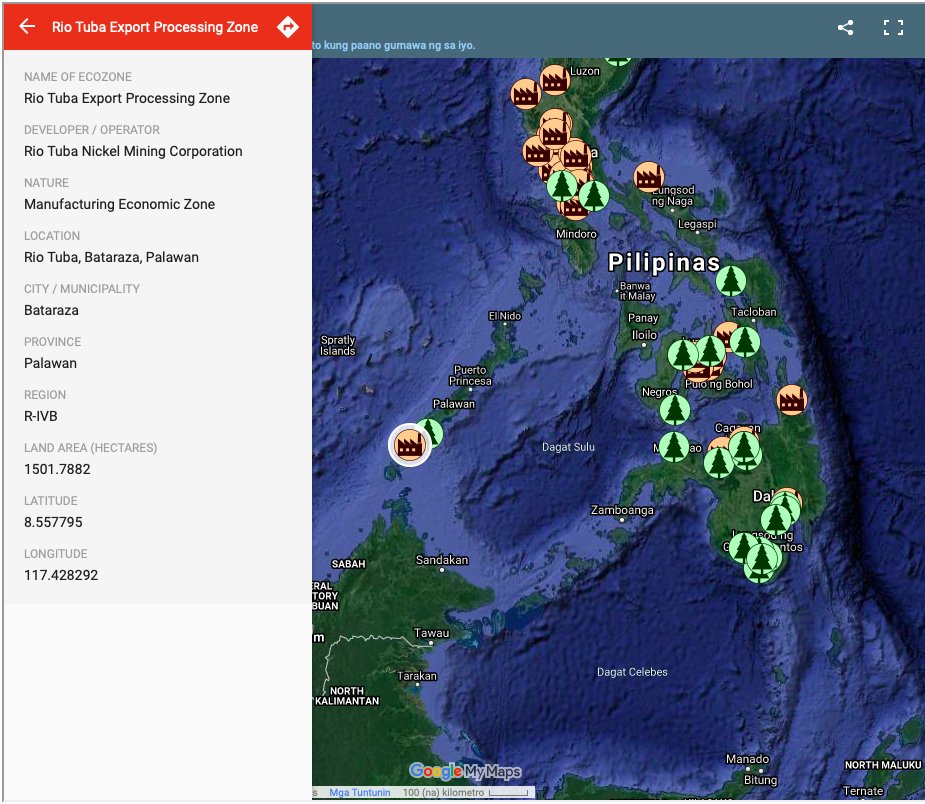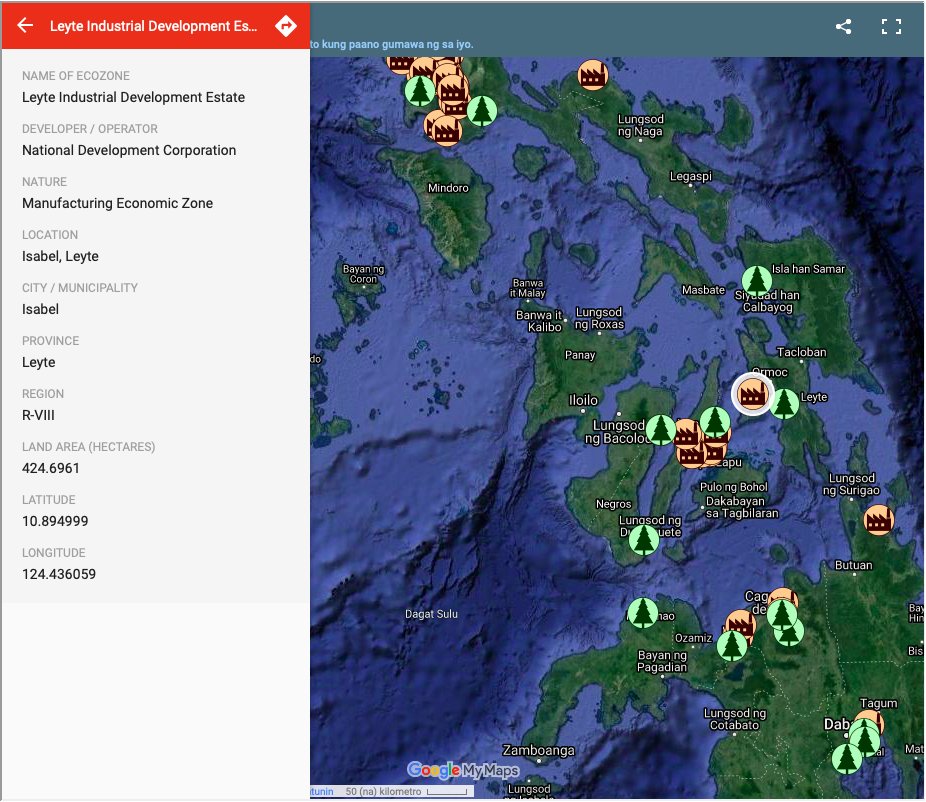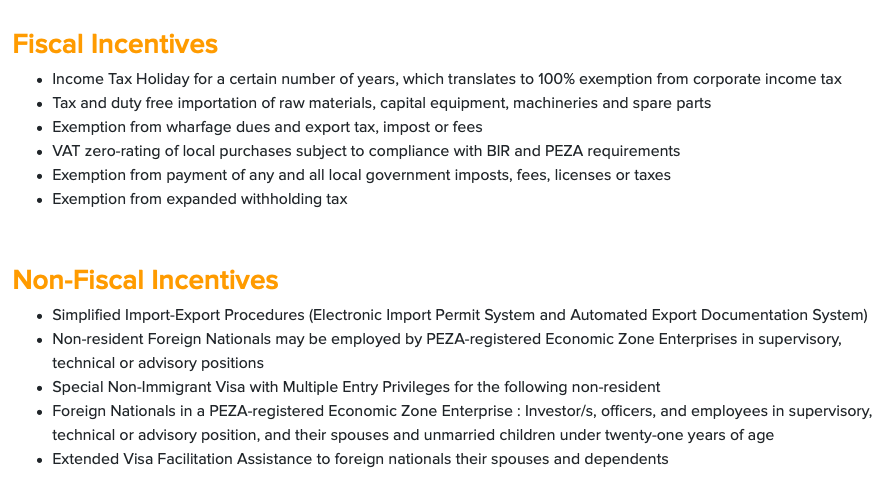Very insightful @highgrade_media video as always  https://abs.twimg.com/emoji/v2/... draggable="false" alt="🤓" title="Nerd-Gesicht" aria-label="Emoji: Nerd-Gesicht"> Brings me back to five years ago when I sat at the Technical Working Group of the Philippine Copper Industry Roadmap. Congress wants
https://abs.twimg.com/emoji/v2/... draggable="false" alt="🤓" title="Nerd-Gesicht" aria-label="Emoji: Nerd-Gesicht"> Brings me back to five years ago when I sat at the Technical Working Group of the Philippine Copper Industry Roadmap. Congress wants  https://abs.twimg.com/emoji/v2/... draggable="false" alt="⬆️" title="Pfeil nach oben" aria-label="Emoji: Pfeil nach oben"> mineral processing to generate more jobs. Good intentions. But is it feasible? https://twitter.com/highgrade_media/status/1298188704444489729">https://twitter.com/highgrade...
https://abs.twimg.com/emoji/v2/... draggable="false" alt="⬆️" title="Pfeil nach oben" aria-label="Emoji: Pfeil nach oben"> mineral processing to generate more jobs. Good intentions. But is it feasible? https://twitter.com/highgrade_media/status/1298188704444489729">https://twitter.com/highgrade...
PH simply does not have the scale. At the moment, we only have 4 producing copper mines - 3 has been producing for decades while the other has been shut down last year. Even the country& #39;s only copper smelter in Leyte - Southeast Asia& #39;s first, imports from Chile.
The TWG then identified potential linkages between copper processing plants and the domestic car and aircon manufacturing industries. We even sat with their industry associations. But PH just can& #39;t compete with the cost and efficiency of China& #39;s smelters.
In 2019, PH produced 8,400 vehicles while Thailand and Indonesia produced 2 million and 1.3 million vehicles, respectively. Local, copper-intensive manufacturing industries are simply not big enough to sustain demand for processed copper.
Inputs is also our biggest challenge. Every Filipino knows that the cost of electricity in the country is among the most expensive in the world. Our only advantage is that we& #39;re close to major manufacturing hubs in Asia. But other than that, we do not have many advantages  https://abs.twimg.com/emoji/v2/... draggable="false" alt="🤷♂️" title="Achselzuckender Mann" aria-label="Emoji: Achselzuckender Mann">
https://abs.twimg.com/emoji/v2/... draggable="false" alt="🤷♂️" title="Achselzuckender Mann" aria-label="Emoji: Achselzuckender Mann">
But wait. We do have 2 nickel processing plants. They are viable because they& #39;re near the mines; PH has 28 nickel mines and is the world& #39;s 2nd largest producer. It is also no coincidence that their locations are declared economic zones. This means they get tax perks.
Without tax perks, these processing plants would not have been viable. The passage of CREATE/CITIRA Bill, which aims to regulate incentives, may further complicate downstream processing in PH down the road.
But I think the most important point by Mr. Ostensson is the need for a good business environment and low political risks. The PH mining industry has been in limbo for years now. Our policies are defined by threats from the president. Legislative reforms have also been slow.
Indonesia has effectively banned the export of raw ores this year despite delays. This helps ensure scale and steady supply for its processing plants. In a few year& #39;s time, they& #39;d be exporting more value-adding products like nickel sulfides and generating more jobs  https://abs.twimg.com/emoji/v2/... draggable="false" alt="🥺" title="Pleading face" aria-label="Emoji: Pleading face">
https://abs.twimg.com/emoji/v2/... draggable="false" alt="🥺" title="Pleading face" aria-label="Emoji: Pleading face">
PH, on the one hand, fails to harness the full value of other minerals associated with raw ores. We will continue to mine our mountains, export cheap & raw minerals, and buy them from abroad at a higher cost already in processed form  https://abs.twimg.com/emoji/v2/... draggable="false" alt="😔" title="Nachdenkliches Gesicht" aria-label="Emoji: Nachdenkliches Gesicht">
https://abs.twimg.com/emoji/v2/... draggable="false" alt="😔" title="Nachdenkliches Gesicht" aria-label="Emoji: Nachdenkliches Gesicht">
Just to add, downstream processing comes with significant social and environmental costs. As a biodiversity hotspot and a densely populated country like ours, the costs are higher than say Australia  https://abs.twimg.com/emoji/v2/... draggable="false" alt="🦘" title="Kangaroo" aria-label="Emoji: Kangaroo"> where there are 3 people/sqm vs PH& #39;s 368
https://abs.twimg.com/emoji/v2/... draggable="false" alt="🦘" title="Kangaroo" aria-label="Emoji: Kangaroo"> where there are 3 people/sqm vs PH& #39;s 368  https://abs.twimg.com/emoji/v2/... draggable="false" alt="😊" title="Lächelndes Gesicht mit lächelnden Augen" aria-label="Emoji: Lächelndes Gesicht mit lächelnden Augen">
https://abs.twimg.com/emoji/v2/... draggable="false" alt="😊" title="Lächelndes Gesicht mit lächelnden Augen" aria-label="Emoji: Lächelndes Gesicht mit lächelnden Augen">

 Read on Twitter
Read on Twitter